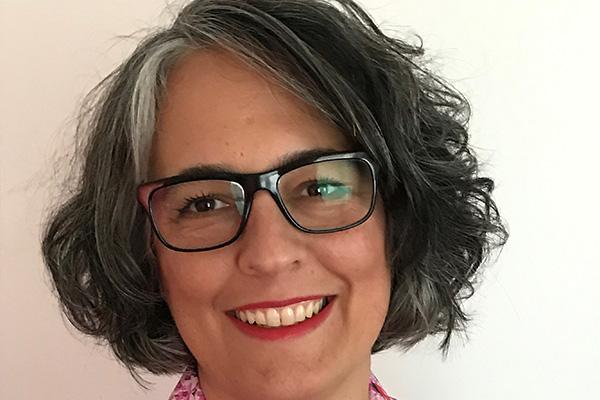
Andrea Ballestero is Associate Professor of Anthropology at the University of Southern California. She is also Director of the Ethnography Studio. Her book A Future History of Water (Duke University Press, 2019), examines how government officials and NGOs in Costa Rica and Northeast Brazil differentiate between water as a human right and water as a commodity. She proposes the notion of a techno-legal device as a site for future-making. She is also co-editor of Experimenting with Ethnography: A Companion to Analysis (Duke University Press 2021), a collection of experimental protocols that expand the meaning of ethnographic analysis. Dr. Ballestero is currently writing a book that explores cultural imaginaries of the underground in Costa Rica, focusing on how the emergence of aquifers into the public sphere is expanding the social world downwards into subterranean space.
Abstract:
Imagining what life will become in the near future, public officials and community members in Costa Rica are coming together to take collective responsibility for underground water worlds. In the process they oscillate between two concepts: groundwater and aquifers. Groundwater efficiently conveys a sense of water as a fungible unit that can be exchanged, banked, or spent. In contrast, the figure of the aquifer activates a grounded concept whereby land, liquid, and history are inseparable. In this talk, I query how people move from groundwater to aquifers, and back. I ask what are the stakes of doing so, and what kind of responsibility for subterranean water worlds is possible in that movement? More broadly, I examine what living at the edge of a concept entails for citizens and scientists who work to shift the trajectories of the present. Conceptually, I explore how people mark the edges of a concept and assert the limits of the different political and ethical orientations associated with it.
